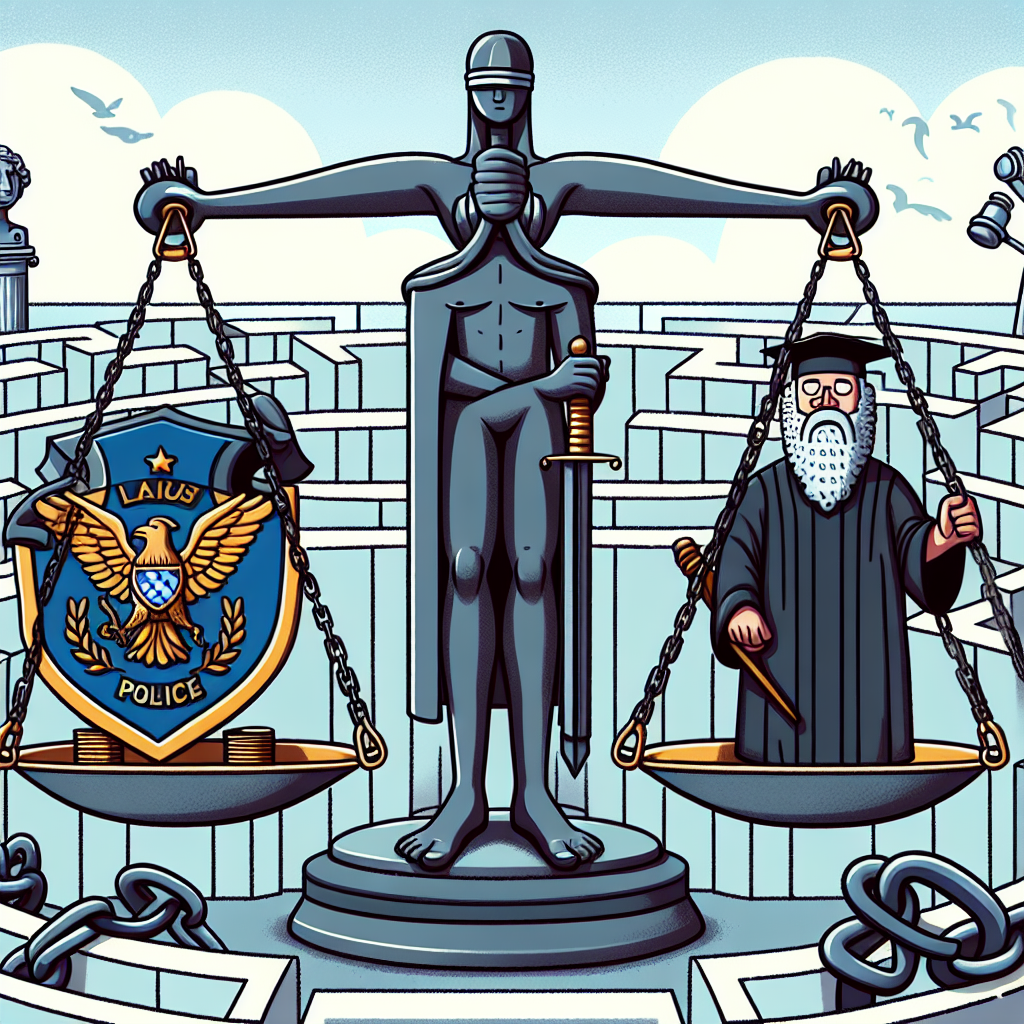Faith and Justice: The Intersection of Law and Belief in Ayodhya Verdict
Chief Justice of India, DY Chandrachud, shared his spiritual reflections during the adjudication of the Ram Janmabhoomi-Babri Masjid dispute. He expressed his faith in divine intervention, emphasizing the role of belief in resolving complex legal issues. The 2019 verdict paved the way for the construction of the Ram temple.

- Country:
- India
In a heartfelt address to locals in Kanhersar village, Chief Justice of India DY Chandrachud recounted his prayerful appeal for divine guidance in the resolution of the long-standing Ram Janmabhoomi-Babri Masjid dispute.
The CJI highlighted the challenges faced by the judiciary when adjudicating such sensitive cases, revealing his own faith-based approach in seeking a peaceful solution.
The landmark 2019 Supreme Court verdict, which resolved the dispute by sanctioning the construction of the Ram temple and allocating land for a mosque, underscored the intricate balance between faith and jurisprudence.
(With inputs from agencies.)
Advertisement
ALSO READ
Farmers Reject Supreme Court Panel, Demand Direct Talks with Central Government
Ghana's Supreme Court Clears Path for Anti-LGBT Law
TikTok Takes Fight Against U.S. Ban to Supreme Court
Showdown at the Supreme Court: Planned Parenthood Funding Battle
TikTok Supreme Court Showdown: National Security vs. Free Speech










